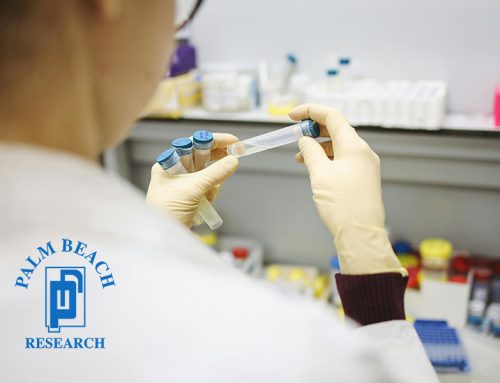
HPV vaccine appears promising
In spite of the fact that HPV does not guarantee cervical cancer, a large number of cervical cancer cases are caused by HPV. That is why the new HPV vaccine, which is currently being tested in selected women, is such a major breakthrough. HPV cases go away on their own in 90% of cases, according to the National Cancer Institute. On the other hand, the chances of getting cervical cancer increase for the remaining 10%.
HPV vaccination consists of several shots that are designed to prevent infection with HPV. Two thousand three hundred and ninety-two women participated in a study described by the National Cancer Institute. All three shots were given to the women who did not develop HPV. Fourteen women in the study group contracted HPV-16, but they were in the placebo group and did not receive the HPV vaccine.
A vaccine appears promising, according to the study. The majority of people don’t even know they have HPV since it is such a silent virus. It still poses a risk for cancer, however. There are risks associated with HPV, which make it worthwhile to get vaccinated.
However, this HPV vaccine only protects against HPV-16, which is a drawback. Cervical cancer can also be caused by other strains of HPV. As a result, getting a pap test is still necessary to detect HPV. Researchers were able to provide some hope to those who may suffer from cervical cancer as a result of the study.
HPV infection increases every year, even though 90% of cases disappear on their own. HPV vaccines are a worthwhile option for protecting yourself against HPV. Practicing safe, monogamous sex is your most effective option. It is also possible to use a condom, however the effect of a condom on HPV infection is unknown.
Palm Beach Research is currently conducting a study for the HPV vaccine and if you’d like to participate you can give us a call at (561) 689-0606.
Related Posts
Subscribe to Hear About New Trials First
Subscribe to Hear About New Trials First
Subscribe to our newsletter by adding your email and keep up to date with the new studies we are offering as well as study results and more.








